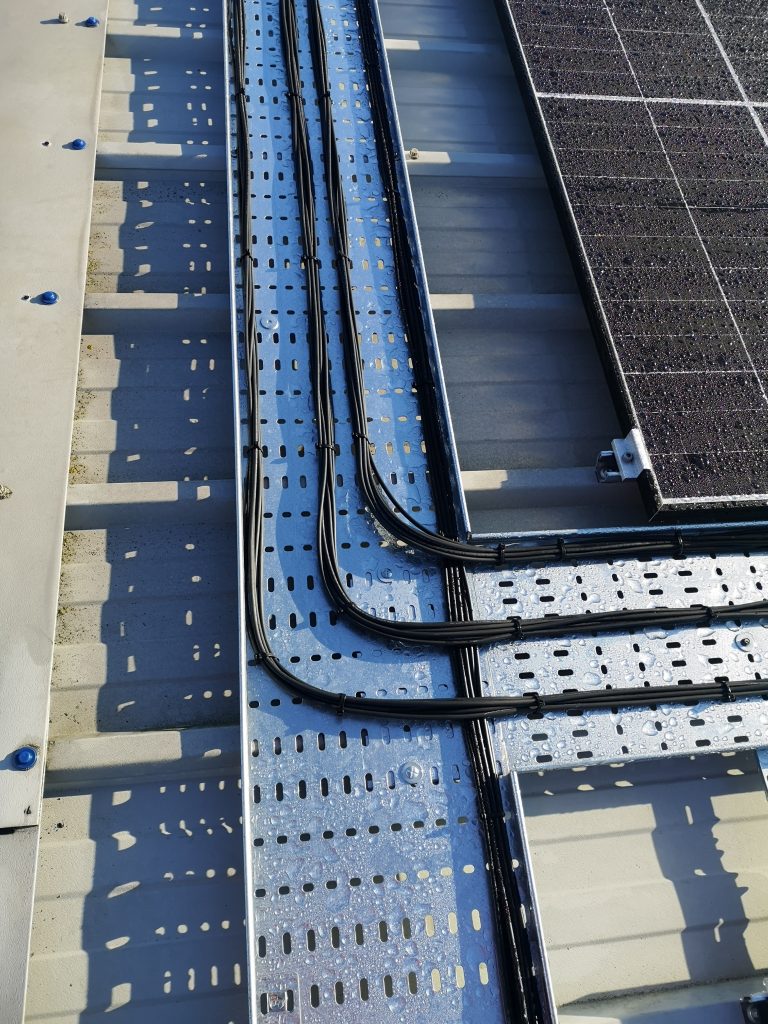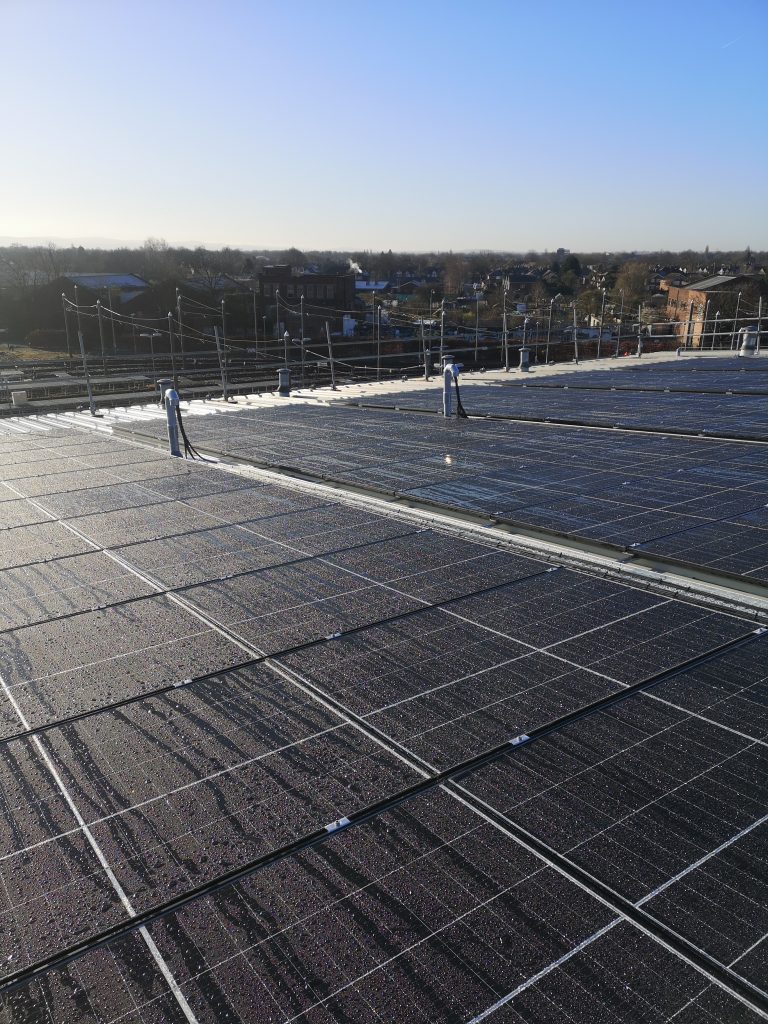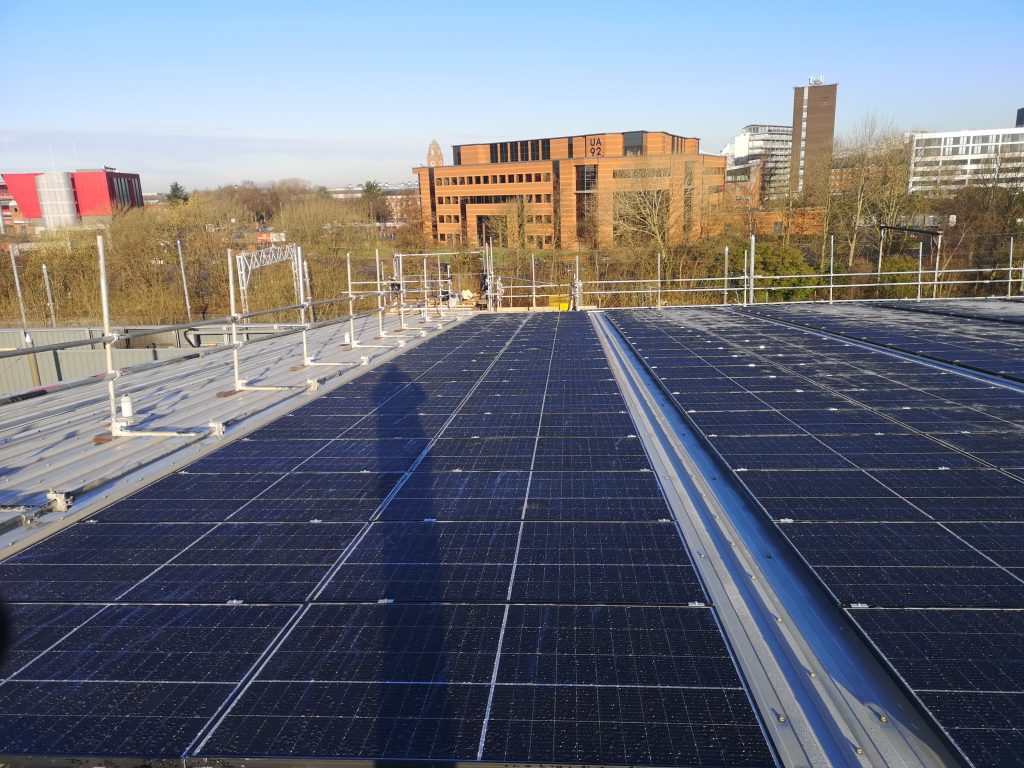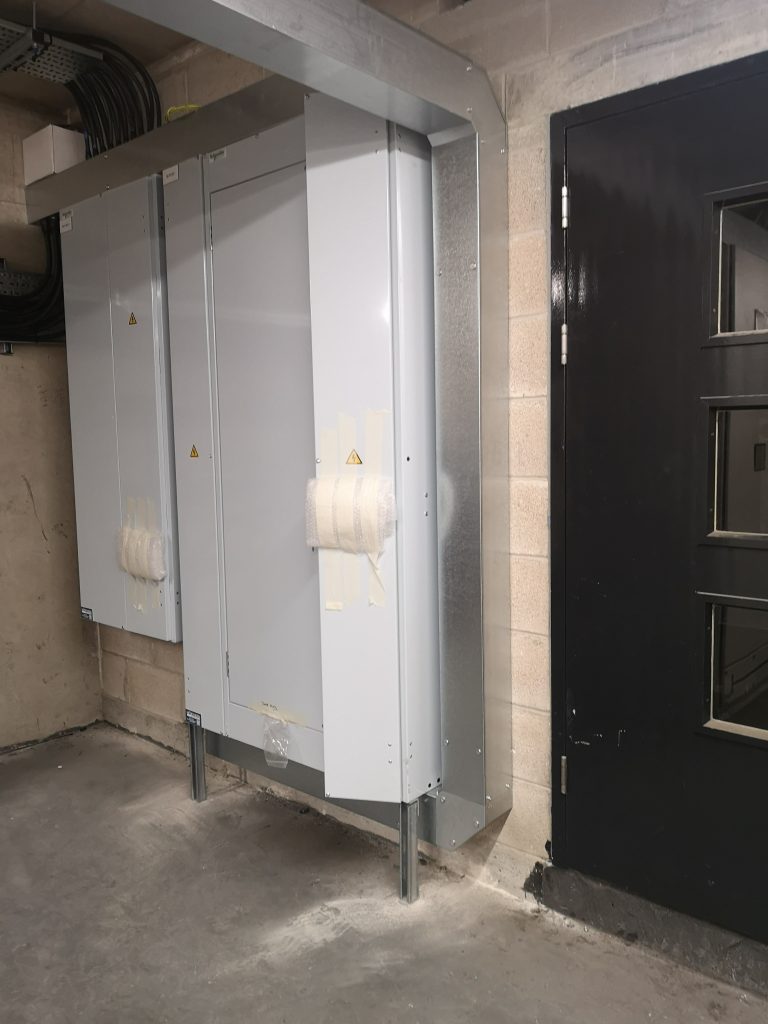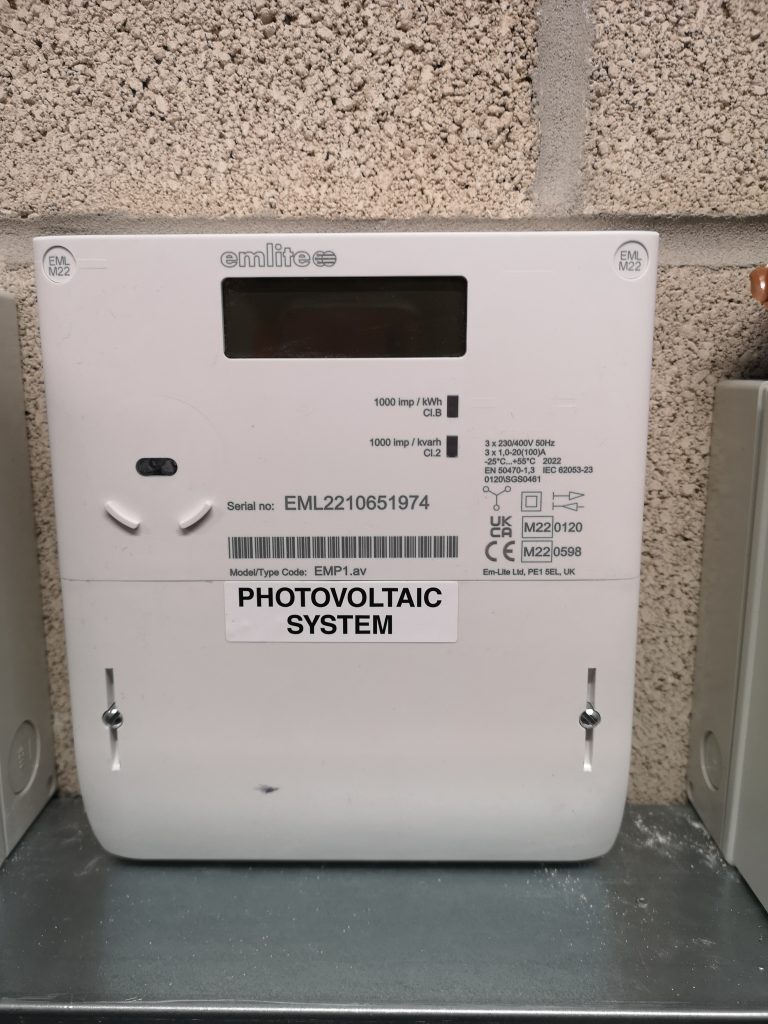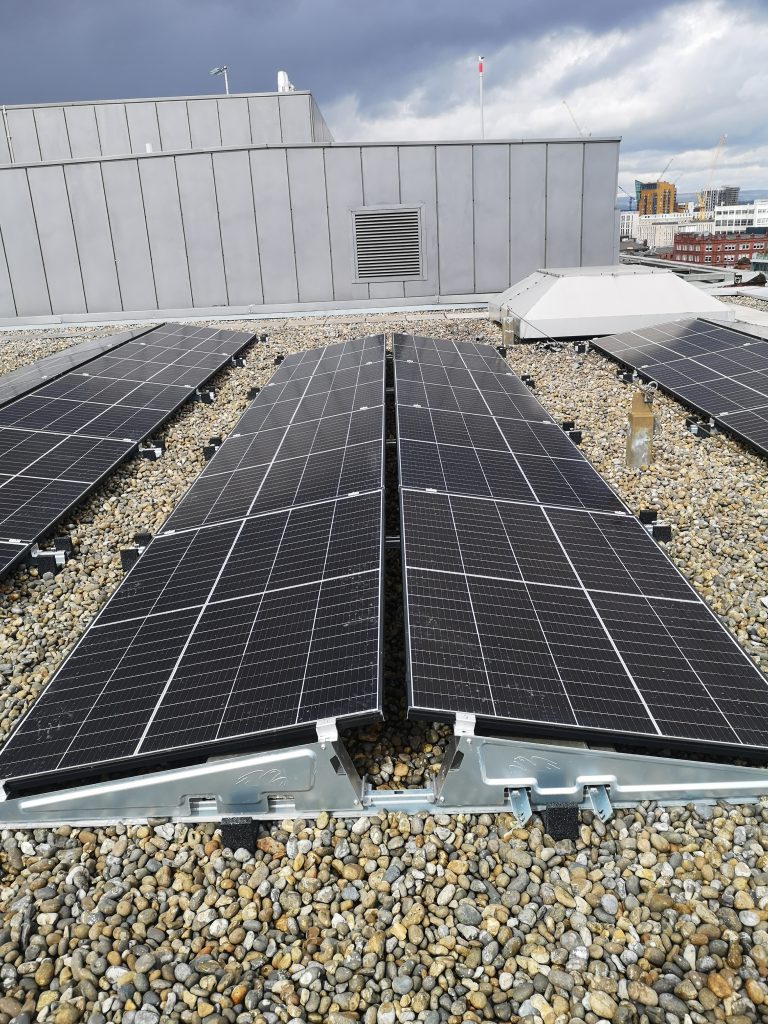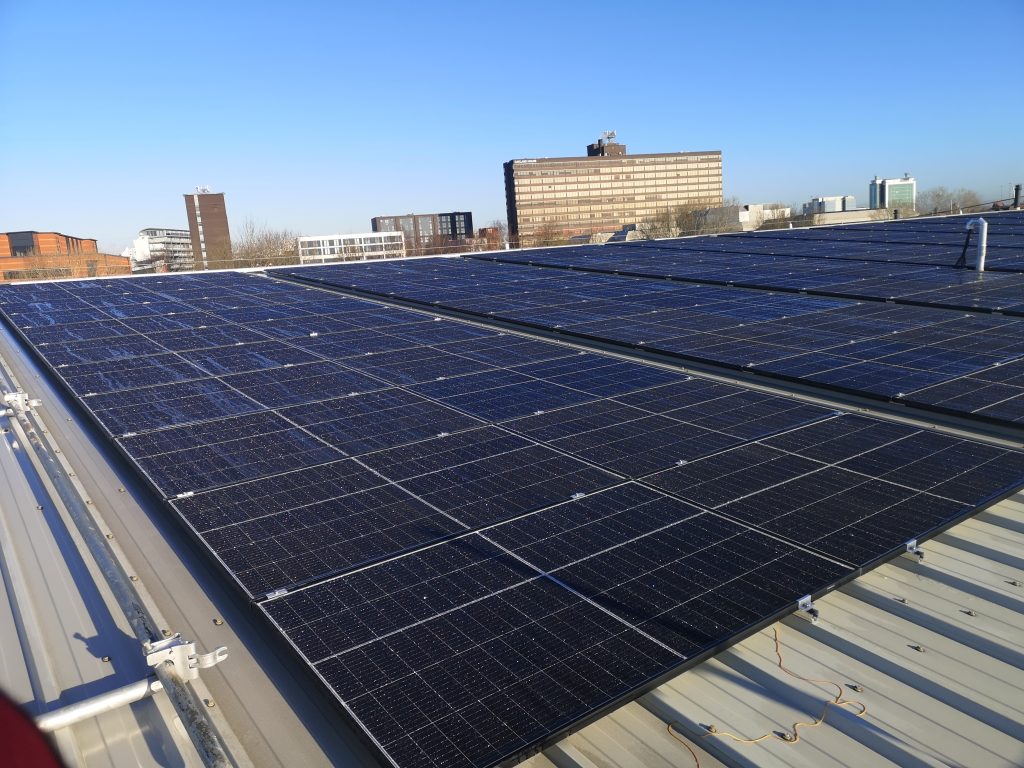TfGM Decarbonisation Scheme
Client: Transport for Greater Manchester (TfGM)
Start Date: September 2021
End Date: July 2022
Project Value: £2.8m
This project for TfGM involved working across eight sites to deliver low carbon technology upgrades in line with the GMCA’s carbon reduction programme.
The project was delivered across various transport locations in Greater Manchester, including 2 Piccadilly Place (2PP), Metrolink Queens Road Depot, Metrolink Trafford Depot, Hyde Bus Station, Middleton Bus Station, Shudehill Interchange, Bolton Interchange, and Leigh Bus Station.
Our Scope of Works included:
- Decarbonisation of heating systems – replacing gas boilers with air source heat pumps
- Installation of solar photovoltaic across several sites
- Enabling technology including metering, battery storage, heat recovery units
- New LED lights
- New and upgrades to existing Building Management Systems (BMS)
- Full design services
- Applying for all planning approvals
JCL were appointed to the project at RIBA Stage Three – Concept Design, and due to funding constraints, the programme for these works was very tight, with works needing to be completed by the new financial year in April 2022. An accelerated programme was put together to deliver these works, which required all parties to collaborate closely and efficiently in order to complete the design and get the project to site as quickly as possible.
During the design stages, we assessed each site individually to ascertain the requirements and potential savings for each building. JCL was able to add value to this process by using our knowledge of sustainable technologies to maximise carbon saving across the project.
During the design review process, our team noted that the initial design for the air source heat pumps at 2PP was fundamentally flawed and did not achieve the savings required by TfGM. This was due to the assumption that the existing building had a high-temperature fan system in place, while the proposed kit would only achieve the required outputs based on a low-temperature system.
The JCL design team worked to redesign the installation in line with the Salix figures submitted to obtain the funding. Together with the design team, we revised the performance specification to increase its output and achieve the 497 carbon tonnes required by TfGM as part of their carbon reduction costs plan.
